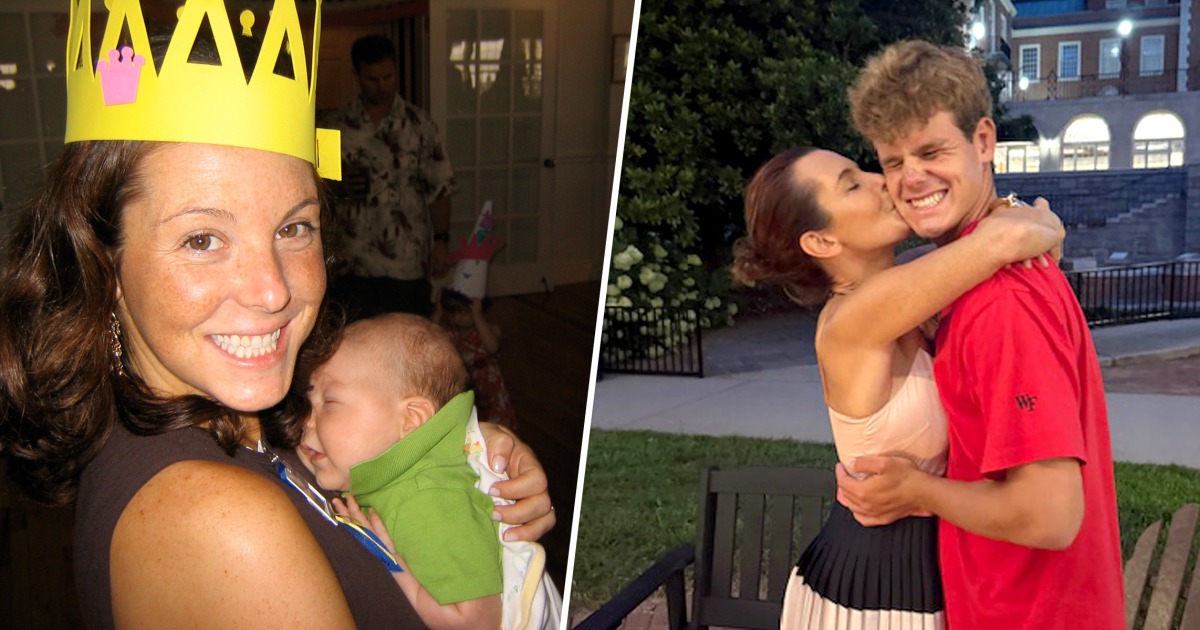Relationships
fromSilicon Canals
3 days agoThe woman who organized every Christmas, remembered every birthday, packed every school lunch, and drove every carpool is now eating dinner alone at 5:30 PM watching the news-and her phone only rings when someone needs something - Silicon Canals
Women who managed household logistics and family coordination face profound identity loss when their caregiving role ends, experiencing grief from losing their primary sense of purpose.





